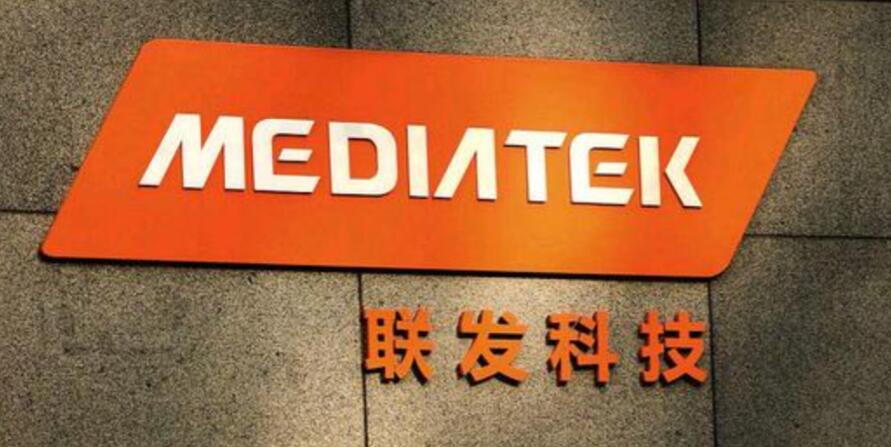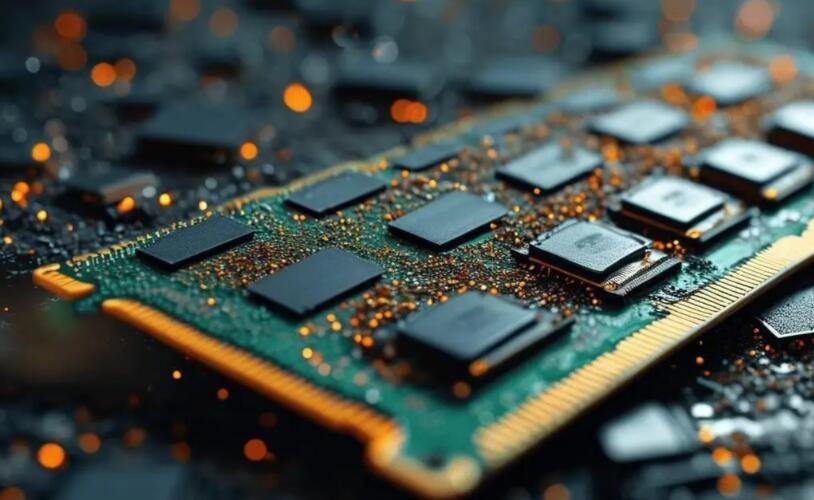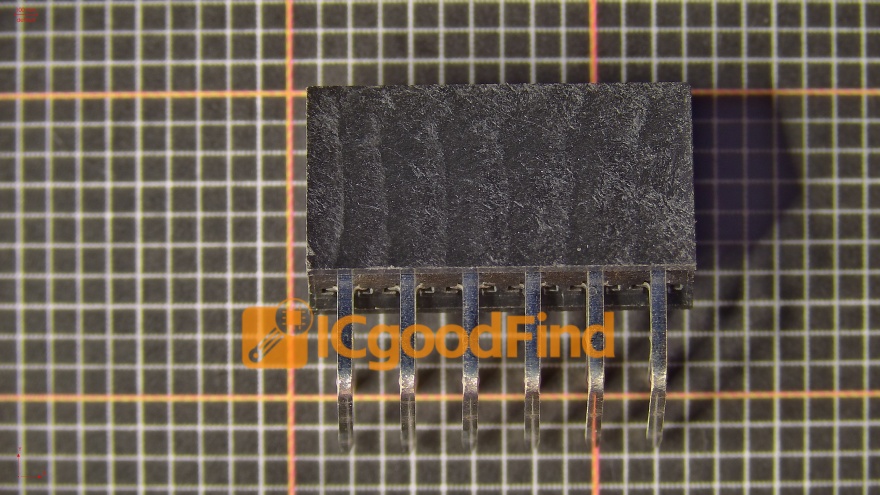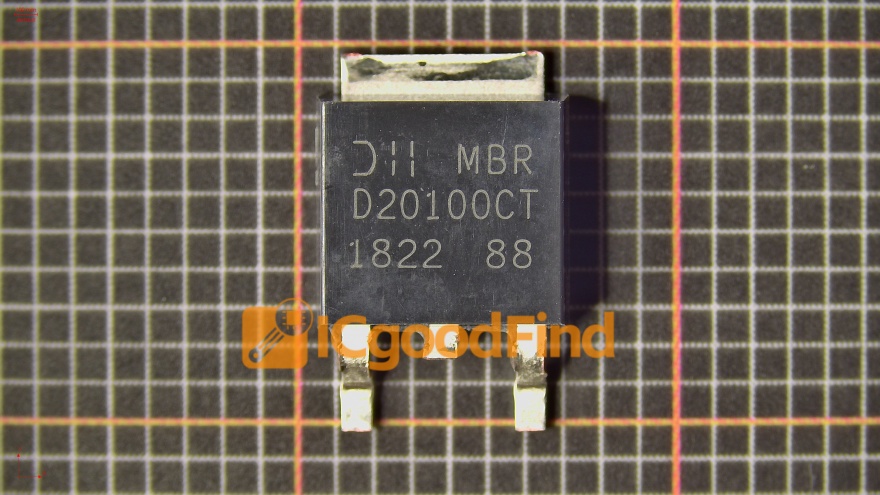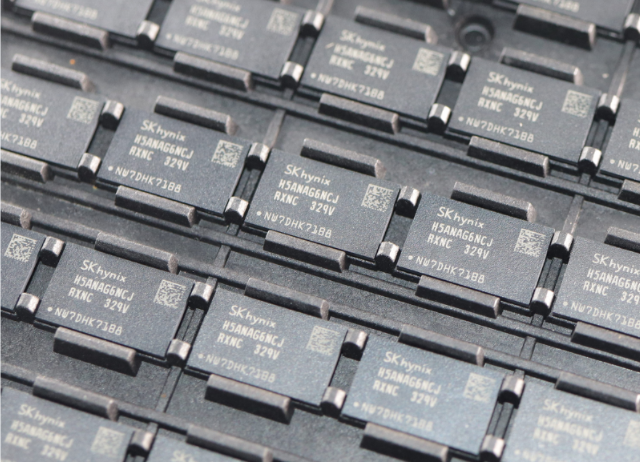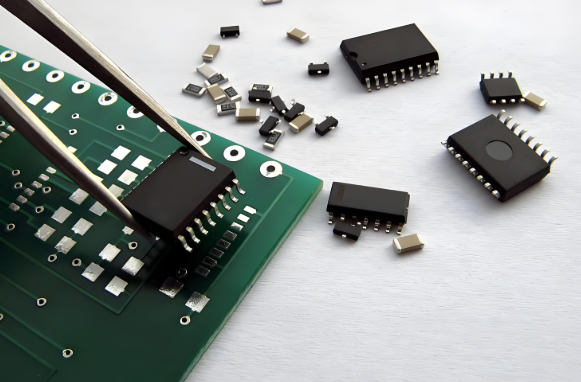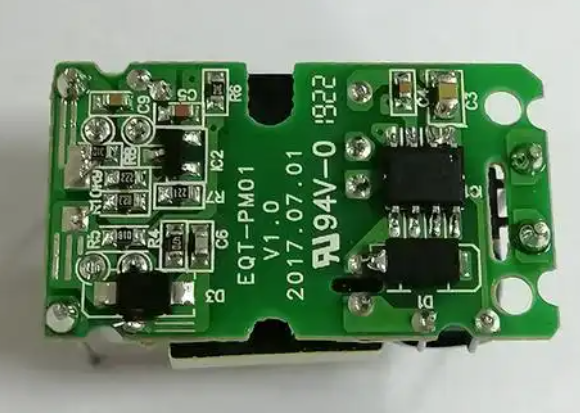Career Prospects for Electronic Components Purchasers
Introduction
The global electronics industry is a dynamic and ever-evolving landscape, driven by relentless innovation and an insatiable demand for newer, faster, and more efficient technologies. At the heart of this multi-trillion dollar ecosystem lies a critical yet often underappreciated role: the Electronic Components Purchaser. Far from being a simple transactional position, this career has transformed into a strategic linchpin for manufacturing success. As supply chains become more complex and globalized, the professionals who navigate them are increasingly vital. This article delves into the promising career prospects for electronic components purchasers, exploring the evolving nature of the role, the key skills required for success, and the exciting future pathways it offers. In an era defined by shortages, geopolitical shifts, and rapid technological change, the ability to secure essential components is not just an operational task—it’s a competitive advantage. For those seeking a resilient and rewarding career, understanding the trajectory of this profession is the first step. Platforms like ICGOO provide invaluable resources for both seasoned professionals and those entering the field, offering insights and tools that are crucial for navigating the complex components market.

The Evolving Role: From Clerk to Strategic Partner
Gone are the days when a purchaser was merely responsible for processing orders and negotiating the lowest possible price. The contemporary Electronic Components Purchaser is a strategic partner integral to a company’s product development, financial health, and market agility.
The Shift from Cost-Center to Value-Center Traditionally viewed as a cost center, procurement is now recognized as a primary value driver. Strategic sourcing has replaced tactical buying. This means purchasers are involved in the product lifecycle from its inception, working closely with engineering teams to select components that not only meet technical specifications but also offer supply chain stability, long-term availability, and total cost of ownership (TCO) advantages. They are no longer just buying parts; they are mitigating risks and ensuring that production lines do not halt due to a lack of a single, critical capacitor or microcontroller.
Navigating Global Supply Chain Volatility The past few years have underscored the fragility of global supply chains. Pandemic-induced disruptions, trade wars, and unprecedented demand have created a perfect storm of shortages. In this environment, the purchaser’s role has expanded dramatically. They are now crisis managers, market analysts, and relationship builders. They must constantly monitor global market trends, anticipate potential shortages, and develop robust contingency plans. Building strong, collaborative relationships with distributors and manufacturers is no longer a soft skill but a strategic imperative for securing allocation during periods of constrained supply.
The Technological Transformation The tools of the trade have also evolved. Modern purchasers leverage sophisticated software platforms for spend analysis, supplier management, and market intelligence. They use data analytics to forecast demand, identify cost-saving opportunities, and assess supplier performance. Furthermore, they must understand the components they are buying at a deeper level. Familiarity with Internet of Things (IoT) modules, power management ICs, and advanced sensors is becoming standard as these technologies permeate every industry from automotive to healthcare. This technical acumen allows them to communicate effectively with engineers and make informed decisions that align with the company’s technological roadmap.
Essential Skills for Success in Modern Component Procurement
To thrive in this transformed role, electronic components purchasers need a diverse and sophisticated skill set that blends technical knowledge with commercial and interpersonal prowess.
Technical and Market Acumen A successful purchaser cannot operate in a vacuum. A solid understanding of electronic components—their function, key manufacturers, and common alternatives—is fundamental. This doesn’t mean they need an electrical engineering degree, but they must be able to read datasheets, understand basic specifications, and grasp the implications of component obsolescence. Coupled with this is deep market intelligence. They must know how to track lead times, monitor pricing fluctuations on the open market, and understand the factors driving supply and demand. Utilizing specialized platforms is crucial here; for instance, a resource like ICGOODFIND can be instrumental in quickly identifying reliable suppliers and verifying component authenticity in a crowded marketplace.
Negotiation and Relationship Management While price negotiation remains important, the focus has broadened. Modern negotiation encompasses terms of delivery, payment schedules, inventory management programs (like VMI - Vendor Managed Inventory), and long-term supply agreements. The goal is to create win-win scenarios that foster long-term partnerships. A purchaser with strong relationships will have better access to information, receive earlier warnings about potential disruptions, and be prioritized when supplies are tight. This requires exceptional communication, empathy, and trust-building skills.
Analytical and Risk Management Prowess The ability to work with data is non-negotiable. Purchasers must analyze spending patterns to identify consolidation opportunities, assess supplier financial health to mitigate risk, and use forecasting models to predict future needs. Proactive risk management is a core responsibility. This involves developing a multi-sourced strategy for critical components, assessing geopolitical risks associated with certain regions, and creating business continuity plans that can be activated in the event of a major disruption. They are essentially the company’s first line of defense against supply chain shocks.
Future Career Pathways and Growth Opportunities
The demand for skilled electronic components purchasers is set to grow exponentially, opening up a wide array of lucrative and influential career paths.
Vertical Growth: The Management Track Within an organization, purchasers can climb a clearly defined corporate ladder. Starting as a Buyer or Procurement Specialist, one can advance to Senior Buyer, Procurement Manager, Commodity Manager (specializing in a specific category like semiconductors or passives), and ultimately to Director of Procurement or Chief Procurement Officer (CPO). In these senior roles, individuals are responsible for setting global procurement strategy, managing multi-million dollar budgets, and overseeing teams that are critical to the company’s operational execution.
Horizontal Growth: Specialization and Consulting For those who prefer to deepen their expertise rather than manage people, specialization offers a compelling path. One can become a subject matter expert in high-demand areas such as: * Semiconductor Sourcing: Specializing in the complex world of microchips. * Strategic Sourcing for Automotive/Aerospace: Navigating the rigorous quality and reliability standards of these industries. * Supply Chain Risk Management: Focusing entirely on predicting and mitigating disruptions.
This deep expertise is also highly valued in consulting. Experienced purchasers can become independent consultants or join consulting firms, advising multiple companies on how to optimize their supply chains, reduce costs, and build resilience.
The Impact of Emerging Technologies The future purchaser will be at the forefront of sourcing for next-generation technologies. The growth of electric vehicles (EVs), artificial intelligence (AI), 5G/6G infrastructure, and renewable energy systems all rely on specialized electronic components. Purchasers who develop early expertise in these areas will be highly sought after. Furthermore, they will increasingly use AI-powered procurement tools to automate routine tasks, allowing them to focus on high-level strategic decision-making. Their role will evolve from managing supply chains to orchestrating complex digital supply networks.
Conclusion
The career prospects for electronic components purchasers have never been brighter or more critical. The role has successfully shed its administrative past to emerge as a strategic powerhouse within modern manufacturing and technology companies. The convergence of global supply chain complexities, rapid technological advancement, and the strategic importance of procurement has created a profession that offers stability, intellectual challenge, and significant growth potential. Success in this field demands a unique blend of technical knowledge, market savvy, analytical skill, and relational intelligence. For those equipped with these capabilities—and supported by robust industry resources—the path forward leads to influential positions where they can directly shape their company’s innovation capabilities and market success. The electronic components purchaser is no longer just buying parts; they are building the future.


